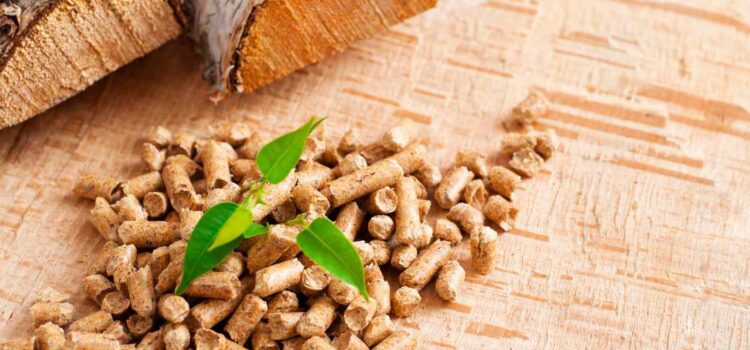
If you’re in the realm of biomass boilers, you’re likely aware of the debate: wood chips or wood pellets? It’s a decision that can significantly impact the efficiency and effectiveness of your heating system. Let’s dive into the details and help you figure out which option suits you best.
Wood Chips: The Pros and Cons
Advantages
Wood chips are like the unsung heroes of biomass fuel. They’re often derived from logging residue, sawmill scraps, or even tree pruning leftovers. This means they’re a product of waste reduction, making them an eco-friendly choice.
What’s more, sourcing wood chips is generally a breeze. They’re readily available from sawmills and furniture manufacturers, often right in your local area. Plus, they tend to come with a smaller price tag compared to other biomass options, making them wallet-friendly.
Versatility is another perk. Wood chips can fit into various heating setups, whether it’s boilers, furnaces, or stoves. So, no matter your system, wood chips could be the answer.
Disadvantages
Now, let’s talk about the flip side. One common issue with wood chips is their moisture content. Sometimes, they’re a bit too damp, which can make burning them efficiently a bit of a challenge. This means more maintenance for your biomass boiler to keep things running smoothly.
Another downside is their tendency to leave behind ash and creosote. These byproducts can build up in your chimney and flue, leading to more frequent cleanings. Plus, handling and storing wood chips can be a hassle, especially without the right equipment or space.
Wood Pellets: The Pros and Cons
Advantages
Enter wood pellets, the compact and efficient alternative to wood chips. These little powerhouses are made from compressed sawdust and wood shavings, resulting in a high-density fuel source.
One major advantage of wood pellets for boilers is their low moisture content. This means they burn cleaner and more efficiently, emitting fewer emissions along the way. Plus, they come neatly packaged in bags, making storage and handling a breeze.
Quality control is another win. Wood pellets are produced under strict standards, ensuring consistent size and moisture levels. This reliability translates to better performance and less hassle for you.
Disadvantages
While wood pellets have their perks, they’re not without their drawbacks. For starters, they typically come with a heftier price tag compared to wood chips, which might not be ideal for everyone’s budget.
Additionally, while handling pellets might be easier than dealing with bulky wood chips, they still require proper storage and handling to prevent deterioration. Plus, there’s the potential for mechanical issues with pellet boilers, although advancements in automation have made this less of a concern.
Let’s Discuss Your Options
So, which fuel is right for your biomass boiler? Ultimately, it depends on your specific needs and preferences. Are you prioritizing cost-effectiveness and local sourcing? Wood chips might be the way to go. Or, perhaps you’re after convenience and efficiency? In that case, wood pellets could be your best bet.
Regardless of your choice, it’s essential to consider factors like moisture content, storage requirements, and maintenance needs. If you’re still unsure, don’t hesitate to reach out to us. Our team at JL Phillips is here to help with all your biomass heating needs, from installation to servicing and maintenance. Let’s chat about how we can make your biomass boiler dreams a reality!









Comments
Best-Selling & Trendy Watches for Kids You Must Buy This Season